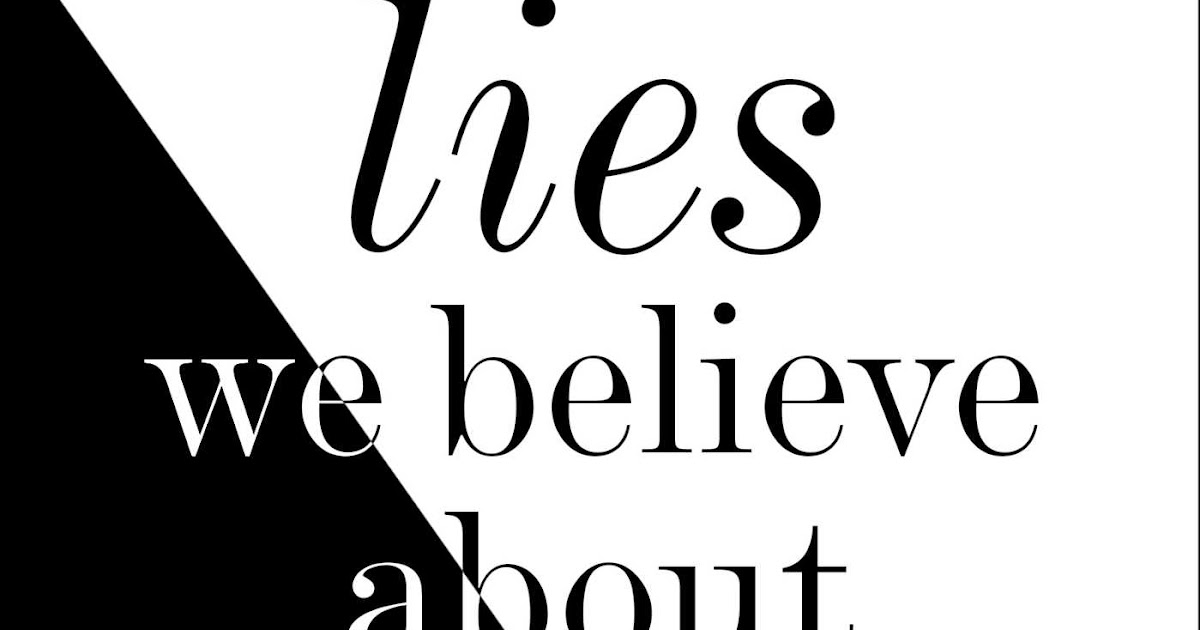
William Paul Young is the author of the bestselling book The Shack and has tried for the first time in writing a non-fiction Christian book called Lies We Believe About God. I read Young's book at the same time I read Richard Rohr's beautifully written book The Divine Dance and a little later, Brian Zahnd's book Sinners in the Hands of a Loving God. Zahnd's book especially was trying to free people's conceptions of God being viewed as an angry abusing deity towards a more loving heavenly Father.
Here comes Paul Young whose life has been filled with both abuse and toxic Christianity on what he experienced on the mission field. It's a miracle that Young is even a Christian today by his past history. I for one could not find one charitable or positive book review of Paul Young's new book on the internet. The negative assaults on Paul young's theology and person are so loud and deafening that I have felt compelled to offer a more positive and constructive review amid so many outraged Christians.
William Paul Young deals with twenty eight lies to challenge Christians to think more accurately and deeply about God. Maybe some of the pushback would not have been so heavy if Paul would have taken us deeper into the journey he's been on that I believe not only connects with the early church fathers but also many of the ancient and medieval Christian mystics throughout the history of the church. What people think as theologically innovative or new or simply out of step with the traditional church shows how our own modern conceptions of God and church today are so out of step with what earlier Christians have thought in earlier times. Our historical amnesia blinds us from the truths that many Christians have believed throughout the whole history of the Christian faith.
Many Christians would probably not have many problems with his chapters on God loves us, but doesn't like us, God is a magician, God blesses my politics, God doesn't care what I'm passionate about, God is not good, that was just coincidence, God is a prude, God is a divine Santa Clause, death is more powerful than God, you will never find God in a box, and God is one alone.
Where Young gets into trouble with many modern Christians is his challenges to salvation and the universal hope for all people, atonement theologies that relate to hell, judgment, and sin, as well as his vision of God. He challenges people who think of God who does not submit, is in total control, wants to be a priority, and not everyone is a child of God.
What I find brilliant and beautiful about Young's theology is his focus is not on the utter depravity of man we get from Augustine's theology but on the goodness and blessing of man being made in the image of God. The younger generation today is rightfully tired of hearing about the doctrine of original sin and how bad they are but they desperately want to hear about original blessing and how they can be more fully human as they read about Jesus in the four gospels.
As far as God in control (of evil), Young wants to argue against some of the hard line Calvinism that shows God as only loving some people and that God is not some kind of deterministic dominating being but whose nature is one of self-giving love. This is possibly the one area where Young almost has a dualistic view of good and evil where he struggles with the classical doctrine of God's omnipotence. I believe one can still hold onto this doctrine without falling into the problem that Young is trying to avoid of setting evil at God's feet.
Young tries to give a fuller vision of God in the fullness of the doctrine of the Trinity's dance of mutual submission. Does God makes himself vulnerable, self-sacrificial or does he desire rules and religion to save us? For William Paul Young, we are not saved by right beliefs or correct precise doctrines or even by the Christian religion. We are simply saved by the love, mercy, and grace of Jesus Christ.
God is about adventure, trust, and surrender and not about performance, control and a priority list according to Young. Maybe his words about faith as a gift from God we already posses and simply need to recognize rather than jumping through some kind of list of rituals and right responses is what will irritate most of his Christian readers who have been following faithfully the tenets of what it means to be a "good Christian" rather than the God who is transforming the whole cosmos by His radical free grace in Christ.
Insider and outsider talk, the saved and unsaved, sinner and saved language are turned upside down as Young quickly sets forth his own understanding that hell, sin, and atonement flow out of the universal love of God. The ongoing rescue of creation and salvation for Young does not end with death but continues on in both heaven and hell. What modern Christians do not realize is how the early church believed in praying for the salvation of people even in hell and that Christians with God in heaven will still go through a purging, growing, and evolving process towards perfection. This does not diminish our earthly decisions but puts them in a cosmic-timeless perspective.
The earliest Christians believed in the timelessness of God and eternity and they did not have this huge separation between our sin and God's grace and the finality of death and the separation of heaven from earth as modern Christians often believe today. Maybe this is the biggest lie that many modern Christians today believe that needs to be reevaluated by both history and a more cosmic understanding of the restoration of all things that the Bible speaks about and teaches.
No comments:
Post a Comment